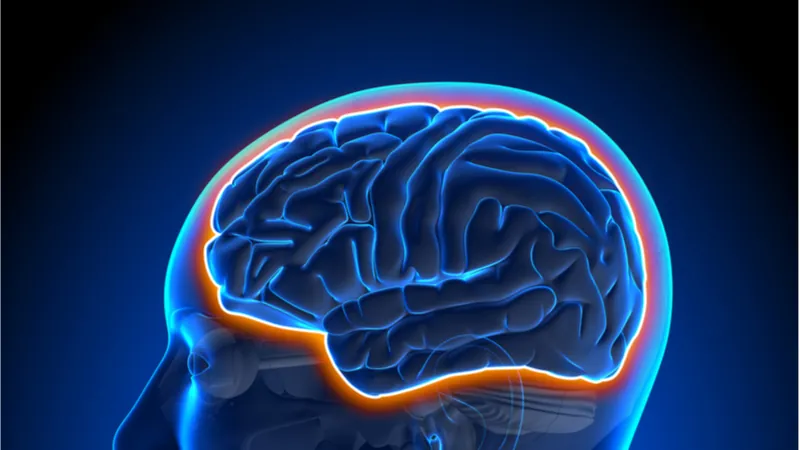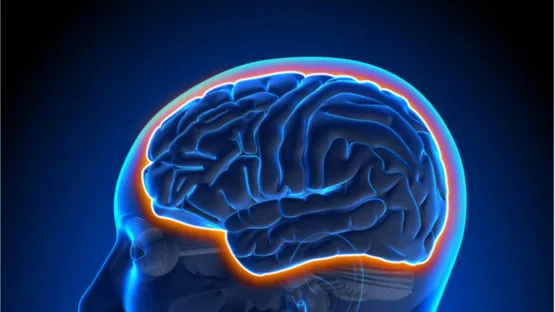Research suggests that the degradation of the blood-brain barrier over time is a factor in the development of brain diseases.
An organ we don’t want to age
As our brains age, we experience memory loss, a decreased ability to multitask, a lower attention span, and slower information processing [1, 2]. Severe diseases can occur as a result of brain aging, genetics, and lifestyle, including various dementias and Parkinson’s [3].
Many of the diseases of brain aging involve misfolded proteins in the brain, such as amyloid beta, tau, and TDP-43 [4]. However, efforts to directly target these proteins have not been fruitful [5], and another approach might be more effective. Fortunately, the field has discovered aspects of brain aging that suggest that the degradation of the blood-brain barrier over time is another major contributor and potential causal factor [6].
A barrier that degrades over time
The blood-brain barrier is a protective shield of endothelial cells lining the brain, preventing molecules in the blood from escaping into the brain [7]. This keeps people safe from potentially neurotoxic substances, as they do not make it into the brain due to the blood-brain barrier’s selection process [8].
The blood-brain barrier has been shown to degrade with age. It loses its tight junctions [9], which are formed by tightly packed endothelial cells that block all substances that are not fat-soluble, small, or gaseous [7]. There may be vessel leakage, although studies are conflicting [9].
As a whole, this degradation tends to cause harmful substances to be allowed into the brain, including potentially neurotoxic fluids and drugs that disrupt the brain’s functions [10]. One example is an increase in the protein albumin, which begins to sneak through the blood-brain barrier as it ages. This is reported to cause inflammation through its hyperstimulative effect on glial cells [10], which causes inflammaging and thus accelerated brain aging [11].
Conclusion
It is clear that the degradation of the blood-brain barrier is linked to brain aging and neurodegeneration. However, more has yet to be done to determine its exact role. Further research should be conducted to confirm these findings and to better understand the role of the blood-brain barrier in brain aging.
Literature
[1] The National Institute on Aging. (n.d.). How the Aging Brain Affects Thinking. National Institute on Aging. Retrieved April 29, 2021, from https://www.nia.nih.gov/health/how-aging-brain-affects-thinking
[2] Nichols, H. (2020, September 10). What happens to the brain as we age? Medical News Today. https://www.medicalnewstoday.com/articles/319185
[3] Mattson, M. P., Chan, S. L., & Duan, W. (2002). Modification of Brain Aging and Neurodegenerative Disorders by Genes, Diet, and Behavior. Physiological Reviews, 82(3), 637–672. https://doi.org/10.1152/physrev.00004.2002
[4] Elobeid, A., Libard, S., Leino, M., Popova, S. N., & Alafuzoff, I. (2016). Altered Proteins in the Aging Brain. Journal of Neuropathology & Experimental Neurology, 75(4), 316–325. https://doi.org/10.1093/jnen/nlw002
[5] Advisory Board. (2020, February 12). Crushing: Another Alzheimer’s treatment trial has failed. What’s next?
[6] Erdő, F., Denes, L., & de Lange, E. (2016). Age-associated physiological and pathological changes at the blood–brain barrier: A review. Journal of Cerebral Blood Flow & Metabolism, 37(1), 4–24. https://doi.org/10.1177/0271678×16679420
[7] The University of Queensland Australia. (2018, January 11). What is the blood-brain barrier? Queensland Brain Institute – University of Queensland. https://qbi.uq.edu.au/brain/brain-anatomy/what-blood-brain-barrier
[8] Jain, K. K. (2012, September 18). Crossing the Blood-Brain Barrier: Nanotechnology Strategies. Medscape. https://www.medscape.com/viewarticle/770396
[9] Banks, W. A., Reed, M. J., Logsdon, A. F., Rhea, E. M., & Erickson, M. A. (2021). Healthy aging and the blood–brain barrier. Nature Aging, 1(3), 243–254. https://doi.org/10.1038/s43587-021-00043-5
[10] Kaufer, D. A. F. (2021, May). Damage to a Protective Shield around the Brain May Lead to Alzheimer’s and Other Diseases. Scientific American. https://www.scientificamerican.com/article/damage-to-a-protective-shield-around-the-brain-may-lead-to-alzheimers-and-other-diseases/
[11] Franceschi, C., Garagnani, P., Parini, P., Giuliani, C., & Santoro, A. (2018). Inflammaging: a new immune–metabolic viewpoint for age-related diseases. Nature Reviews Endocrinology, 14(10), 576–590. https://doi.org/10.1038/s41574-018-0059-4




